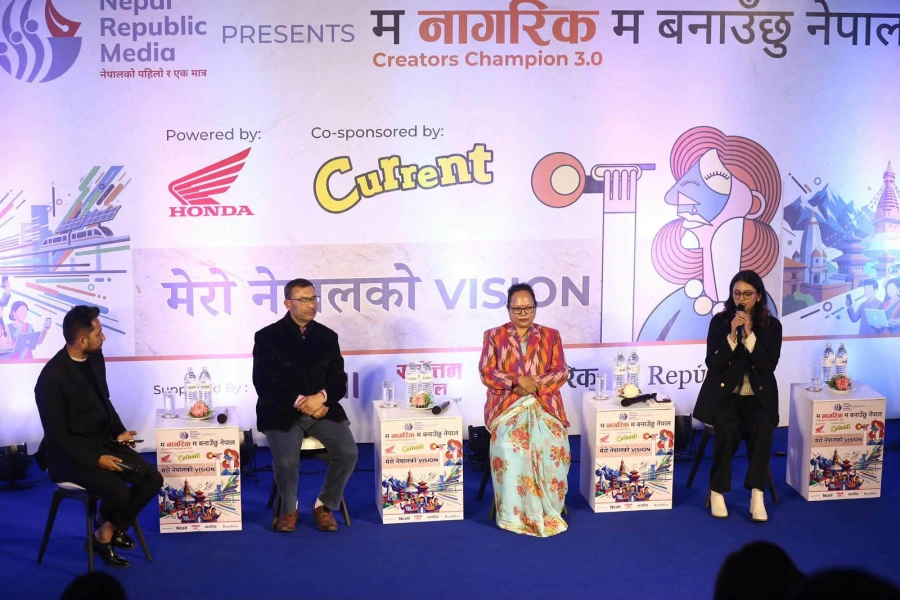Nepal and India will begin the sixth meeting of the Eminent Persons Group (EPG) in New Delhi today. The last five meetings in the last two years have discussed a number of issues, including amending the 1950 Nepal-India Peace and Friendship Treaty. The EPG members will submit a joint document to their respective governments with recommendations to resolve a number of bilateral contentious issues.
One of the highlights of these meetings has been the 1950 treaty. Nepali leaders have raised the issue of amending the treaty for a while now. It was Prime Minister Man Mohan Adhikari who first discussed the revision issue with his counterpart in 1995 in New Delhi.
Blessing in Disguise

Since then the two countries have not discussed the issue in depth until the EPG was formed in 2014. Indian Prime Minister Narendra Modi reportedly told Nepali leaders at a dinner reception at Soaltee Hotel in 2015 to come up with solid proposals on the treaty amendment and urged them not to make it a political issue only. The EPG provides that opportunity for both countries to come up with solution to pending issues that need to be resolved for the two countries to move forward with mutual trust and cooperation on a range of bilateral issues.
If the EPG was merely formed to quench Nepal’s desire to discuss the bilateral issues without ever reaching to some sort of solution, then two countries have wasted a lot of time and resources in these meetings. However, if this is an earnest attempt by New Delhi to settle contentious issues once and for all, then we have much to look forward to the final outcome of the meeting.
Nepal-India relations saw both highs and lows soon after Prime Minister Narendra Modi came to power in India—from the visit of PM Modi to the infamous economic blockade to semblance of normalcy in relations between the two countries. India is also facing mounting pressure in the region with China moving quickly to invest big and extend support to South Asian countries. In this context, the EPG meeting and its joint recommendations cannot be overstated. Based on the recommendations, the two countries should move quickly to resolve outstanding bilateral issues.
Both sides have deployed seasoned politicians and veteran diplomats, with long history of fruitful bilateral engagements, in EPG. We can only hope that the meeting starting today in New Delhi amidst rapidly changing power dynamics in Asia and the world will come to fruitful ending in order to polish long cherished Nepal-India relations that is suited to the new world. Nepal and India share a lot in common, despite occasional strife and mistrust.
For these two countries to remain on good terms, both sides need to understand each other’s concerns and find ways to resolve them. EPG is a platform for resolving all contentions and address the grievances, whatever they may be. Its success will mean a lot for Nepal as much as for India.



































